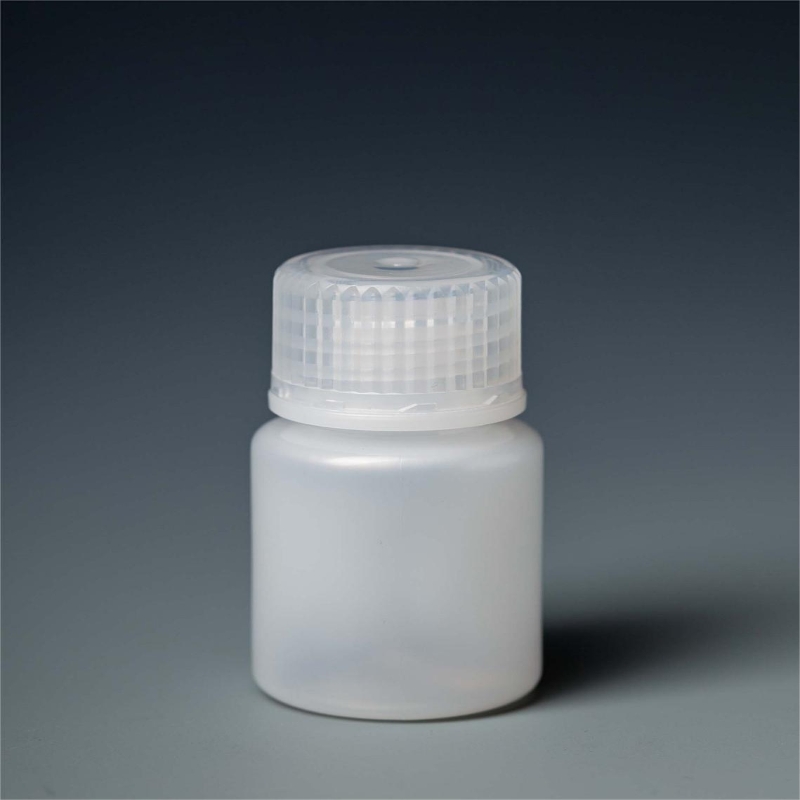The team of plant immunology at Northwest Agricultural and Forestry University revealed a new mechanism for wheat rust infection.
-
Last Update: 2020-07-22
-
Source: Internet
-
Author: User
Search more information of high quality chemicals, good prices and reliable suppliers, visit
www.echemi.com
Please click "plant reports" above to follow us! The first time to understand the latest progress in plant science! The plant immunity research team of Northwest A & F University published a research paper entitled "a polysaccharide deacetylase from Puccinia striiformis f. sp. tritici is an important pathogenicity gene that suppresses plant immunity" online in the plant biotechnology journal.in this study, the secretory protein gene of Puccinia striiformis was used for the first time to create transgenic wheat materials resistant to stripe rust, and to reveal the mechanism of cell wall modifying enzymes of vegetative parasitic fungi to facilitate pathogen infection.wheat stripe rust (Puccinia striiformis) is a major biological disaster that affects the safety of wheat production and has a devastating harm to grain production. In general, wheat yield is reduced by 10 ~ 30% in general years, and in severe cases, it can lead to no harvest.frequent variation of Puccinia striiformis leads to the continuous "loss" of wheat varieties resistance, which is the root cause of frequent outbreaks and epidemics, and is also an international problem in rust control.therefore, it is of great significance to reveal the basis of pathogenicity variation of pathogens and create sustainable green transgenic materials for the development of sustainable and effective control strategies of stripe rust.Puccinia striiformis is a living vegetative parasitic fungus, which lacks an effective genetic transformation system, so it is difficult to study the pathogenic mechanism of wheat stripe rust by genetic methods.in order to further reveal the molecular basis of pathogenicity variation of stripe rust, the plant immunity research team of northwest agricultural and Forestry University took the lead in completing the genome sequencing of stripe rust (Zheng et al., NAT. Commun., 2013) and obtained a large number of cell wall modifying enzyme genes of stripe rust.this study published in PBJ reported a protein PST secreted by Puccinia striiformis_ 13661;Pst_ Wheat RNAi transgenic materials with 13661 gene showed strong resistance to major physiological races cyr31, cyr32 and cyr33.Pst_ 13661 encodes a polysaccharide deacetylase, which can modify chitin in cell wall of Puccinia striiformis, increase the difficulty of host chitinase to recognize substrate, reduce the elicitor activity of chitin oligosaccharide, and finally weaken the immune response induced by chitin.Dr. Xu Qiang and Dr. Wang Jianfeng of northwest agricultural and Forestry University are the co first authors of this paper, and Professor Kang Zhensheng and Professor Wang Xiaojie are the co corresponding authors.
This article is an English version of an article which is originally in the Chinese language on echemi.com and is provided for information purposes only.
This website makes no representation or warranty of any kind, either expressed or implied, as to the accuracy, completeness ownership or reliability of
the article or any translations thereof. If you have any concerns or complaints relating to the article, please send an email, providing a detailed
description of the concern or complaint, to
service@echemi.com. A staff member will contact you within 5 working days. Once verified, infringing content
will be removed immediately.







